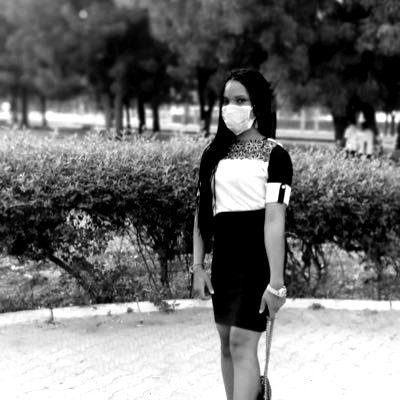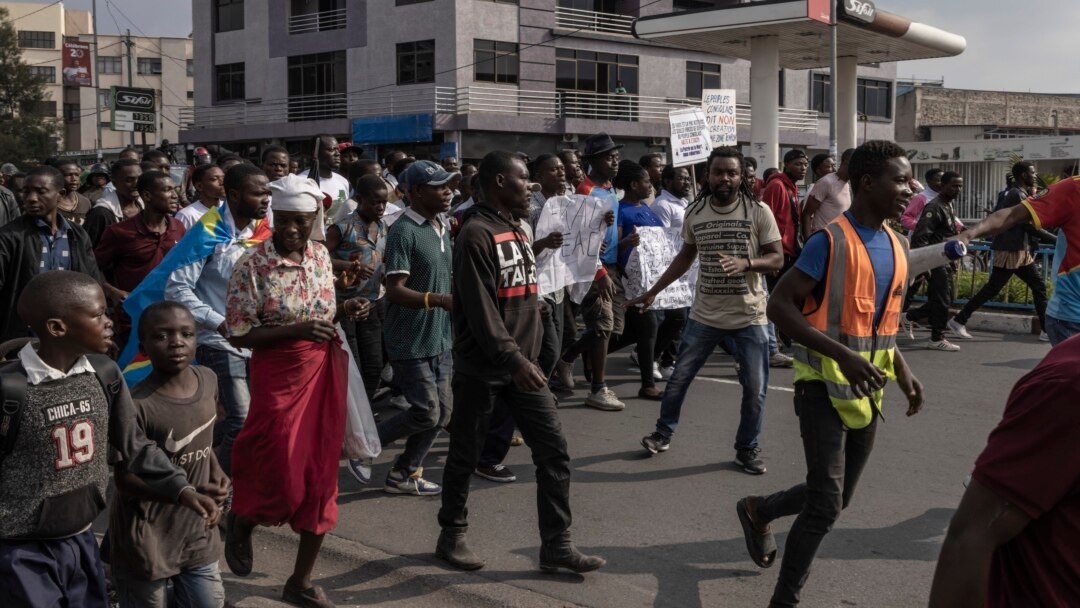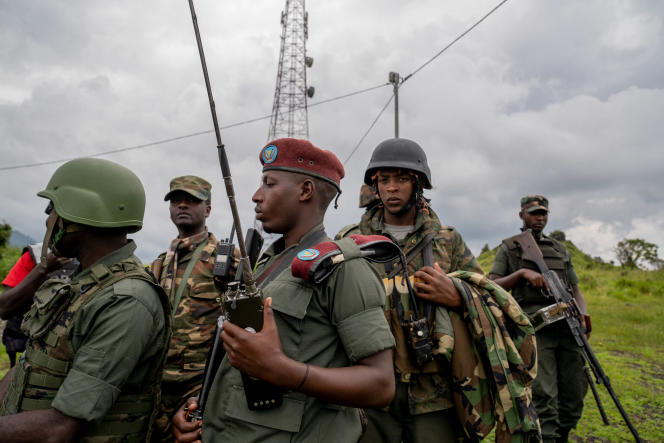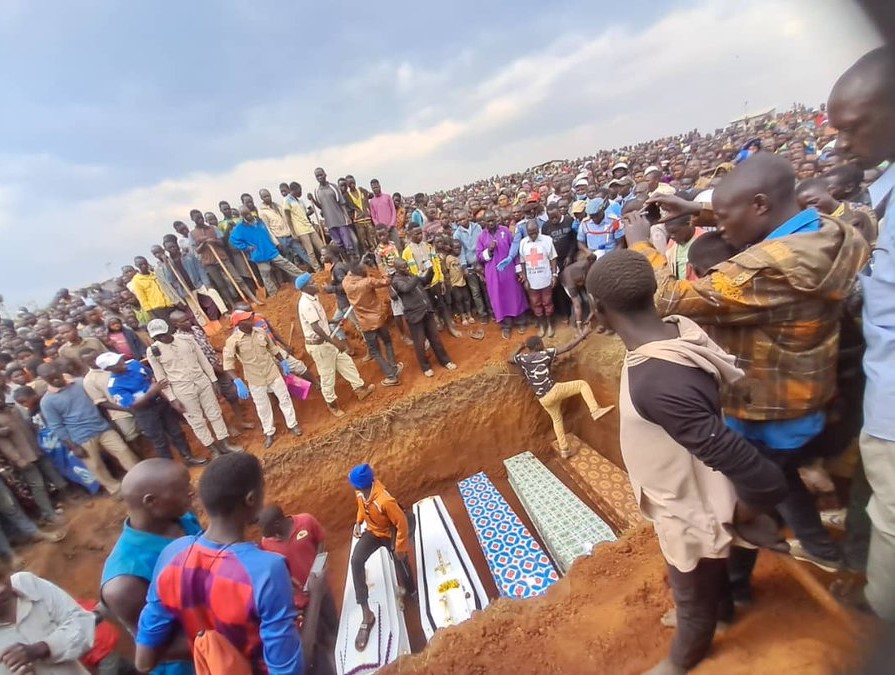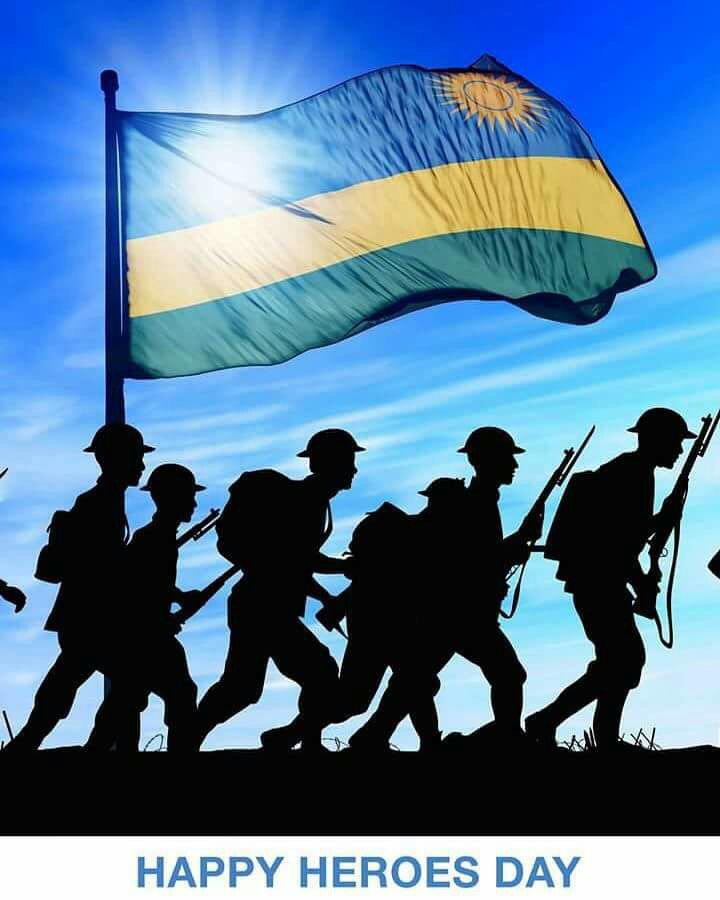Regional
Outsourcing foreigners will never solve DRC security issues
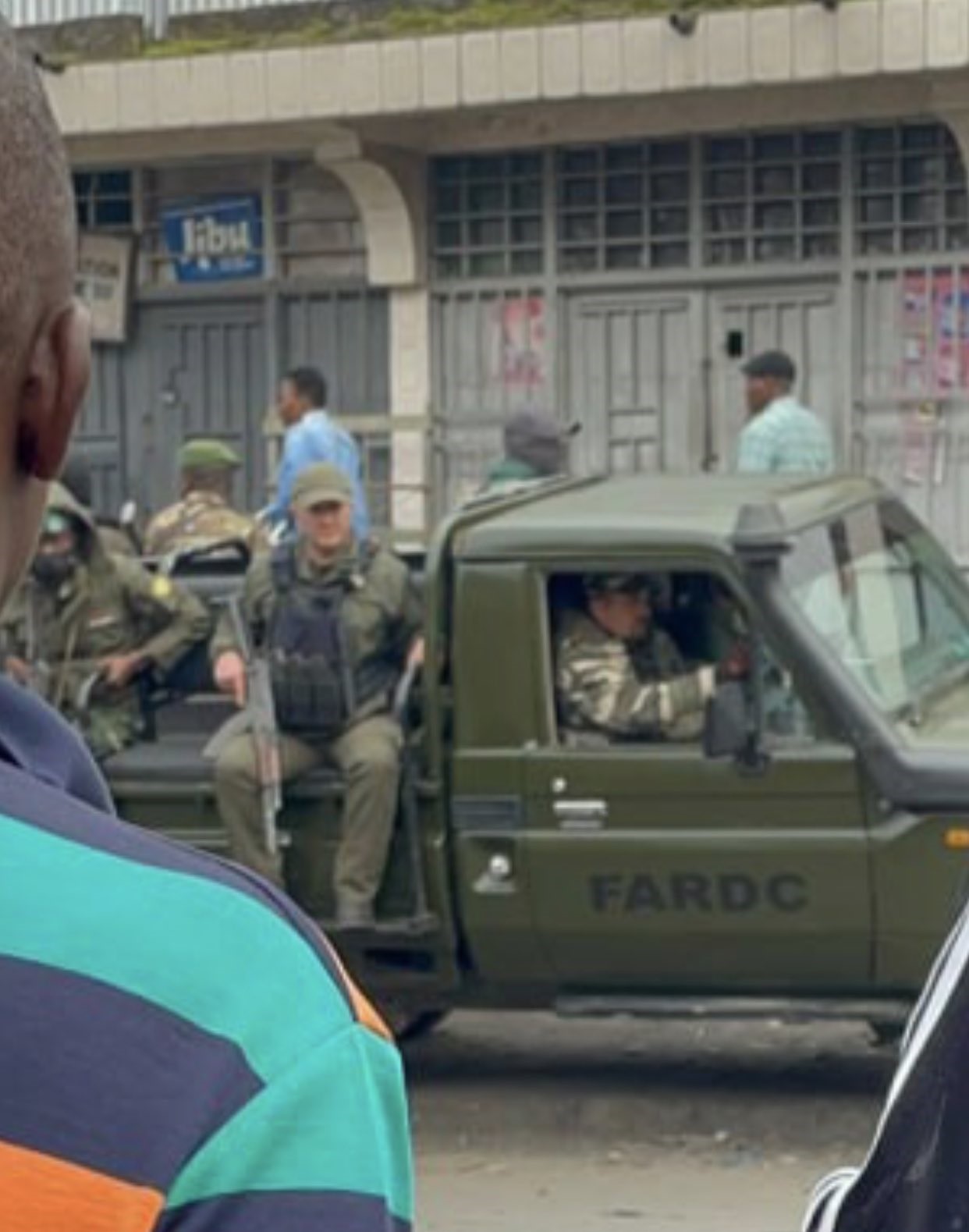
Close
to three decades now, the Democratic Republic of Congo (DRC) has been ravaged
by conflict and violence, especially in the east of the country. To date, the Congolese
government has relied on foreign armed groups to defend it's national sovereignty.
The
country is home to more than 120 armed groups, yet Kinshasa has failed to reign
these groups in or establish any semblance of authority or stability in the region.
With a budget of over $94 million, 200,000 active personnel, the Congolese
army, FARDC, is unable to defend the country against armed groups but constantly
puts the responsibility of a national army to foreign armed groups who have
been recipes for the continued disaster.
The
UN was the first to initiate an attempt at solving the security crisis in the
country. Following the UN Security Council in resolutions, the United Nations
Mission in the Democratic Republic of Congo or (then MONUC until 2010) was
established in 1999. Initially the UN Mission’s
task was to monitor the peace process of the Second Congo War. To date, more
than 30 nations have contributed military and police personnel for peacekeeping
efforts. The UN’s total personnel stands at about 19,000 troops, and a yearly
budget of more than $1 billion.
Despite
all these efforts MONUSCO has little to show, in improved security situation in
DRC. The mission watches, tight lipped as the local population is terrorized by
armed groups and diehard genocidal militia forces from Rwanda, FDLR.
In
2013, the DRC again relied on the United Nations Force Intervention Brigade
(FIB) specifically tasked to carry out targeted offensive operations to
"neutralize and disarm" Congolese and foreign rebel groups. The main
target was the M23 rebels. The group was defeated in 2013 and its members split
and fled to Rwanda and Uganda.
However,
in 2021 they took up arms again, and are currently occupying swathes of territories
in North and South Kivu. The rebels are fighting because of unresolved
grievances, which include continued harassment of Congolese Tutsi, and the
refusal to be recognized as legitimate Congolese citizens.
Put
your own house in order, they say. The blue helmets should be a clear example
to DRC that allowing outsiders to ‘solve’ your own issues will never go well
for you.
Following
the worsening security crisis in DRC, and the realization that UN peacekeepers
have consistently failed the Congolese population, the East African Community
stepped in to find a solution. Through the Nairobi and Luanda peace processes, in
November 2022, the East African Community Regional Force (EACRF) was deployed
in eastern DRC.
The
Regional Force’s mandate is to protect people, and see to the disarmament and
demobilization of all armed groups who have instigated a significant degree of
insecurity in the country.
But
the Congolese government had other ideas.
It
wanted to rely on EACRF to launch attacks on the M23 rebels. Kinshasa expected
the regional force to deal with the rebels in a military manner, since they themselves
failed to diplomatically deal with the issue.
The
regional force has a mandate that puts emphasis on the path of genuine
dialogue, rather than war. When the Regional Force refused to meet DRC’s evil
expectations and desire for war, Congolese government officials staged
demonstrations against the regional force in Goma and other parts of the
country. This sinister plot was showing the world again how blame shifting is a
skill Kinshasa has mastered.
The Congolese
army integrated the genocidal FDLR militia to help fight the M23 rebels.
Relying on genocidaires and terrorists to ‘restore’ peace and security in their
own country exposes Kinshasa’s constant miscalculation and failure.
The
DRC government has also decided to hire hundreds of mercenaries from Russia’s
Wagner Group and ex-French Legionnaires. Mercenaries are often composed of
demobilised and disgruntled Western soldiers. They are not governed by any laws
and they tend to appear frequently in areas that are either rich in oil or
other valuable minerals.
According
to media reports, Wagner, is accused of gross human rights violations in Mali
and the Central African Republic. How can anyone of sound mind then expect them
to act any different in DRC and be able to solve the continuous security and
political problems there. The best they can do is worsen an already bag
situation.


